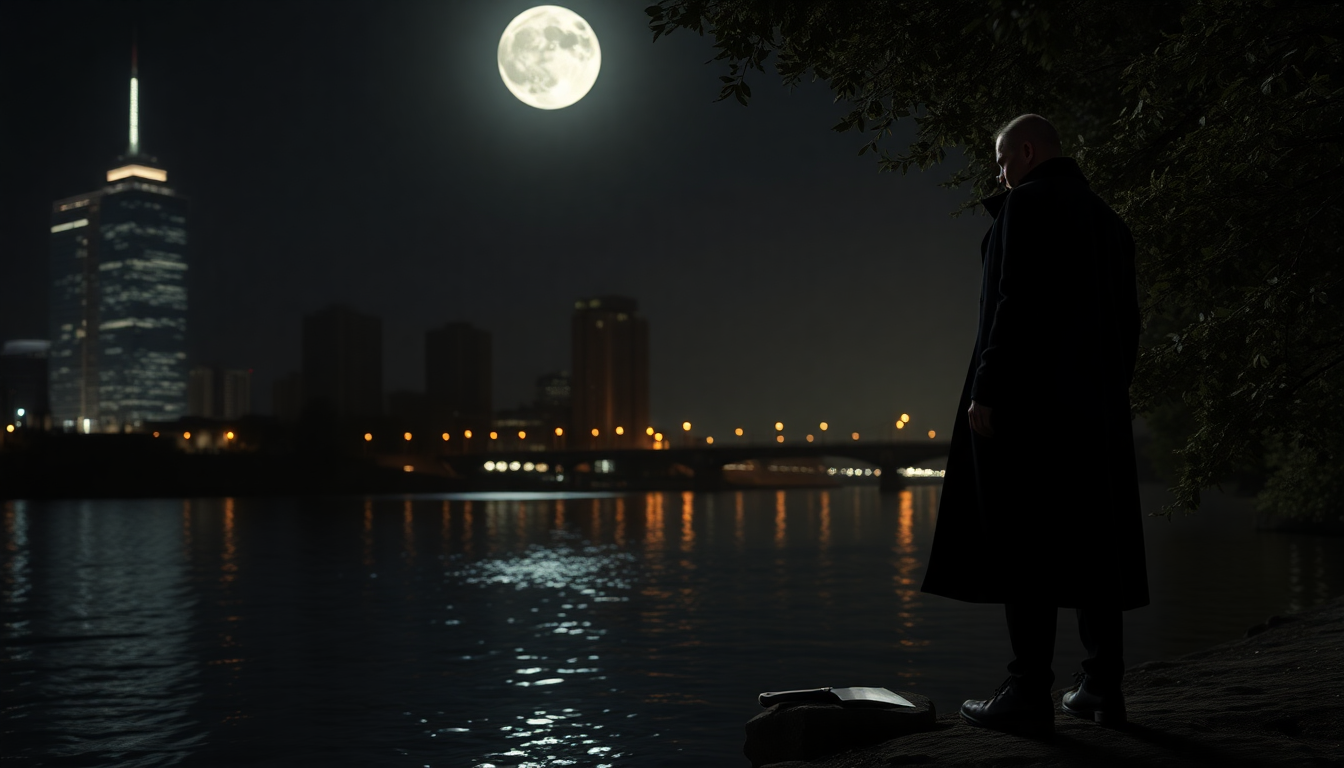Table of Contents
The return of iconic characters on television often sparks excitement and a wave of curiosity among fans. Just look at the buzz surrounding the recent premiere of ‘Dexter: Resurrection’. This new series has ignited conversations, especially in light of the jaw-dropping finale of its predecessor, ‘Dexter: New Blood.’ With Dexter’s fate hanging in the balance, many are left wondering about the storytelling choices and character development that led us here.
Isn’t it fascinating to dive deeper into this intriguing narrative?
Plot Overview: How Dexter Survived
When the announcement of ‘Dexter: Resurrection’ hit the headlines, fans were left with a burning question: How did Dexter survive? The end of ‘Dexter: New Blood’ had viewers reeling, as it seemed like Dexter met his end after being shot by his own son.
But wait—did the show’s creators drop hints about an unexpected twist? Sure enough, in the new series, we find Dexter in a hospital, having survived what was described as ‘catastrophic blood loss.’ How did this happen? The freezing weather during the incident played a surprising role, slowing his heart rate and limiting blood loss, allowing him to cheat what felt like a certain demise.
This clever narrative twist not only brings Dexter back into the spotlight but also dives into themes of survival and consequence. As he faces his past, including encounters with key characters who have influenced his journey, the storyline highlights the psychological complexities that make Dexter such a compelling character.
Through flashbacks to defining moments in his life, we see how his history continues to shape his present—doesn’t that add a fascinating layer to his story?
Character Dynamics and Ghosts of the Past
In the premiere, Dexter’s hospital experience is surreal, featuring encounters with figures from his past, like Arthur Mitchell, a notorious serial killer who represents a haunting reminder of his own dark path.
Their conversations expose the internal conflict Dexter grapples with, as he weighs the consequences of his actions against his desire for redemption. Isn’t it intriguing how Arthur’s advice encapsulates the struggle of balancing family life with darker tendencies? This highlights a central theme of the series: the complexities of human nature.
Additionally, the return of characters like Miguel, Harry, and Sergeant Doakes serves as a poignant reminder of the relationships that have significantly shaped Dexter’s life. These interactions not only stir nostalgia for long-time fans but also offer a deeper exploration of Dexter’s psyche as he confronts the ghosts of his past decisions. It’s clear that while Dexter may have survived physically, he is still haunted by his choices, creating a rich character study that resonates deeply with viewers.
Future Implications and Narrative Direction
As ‘Dexter: Resurrection’ unfolds, the implications of Dexter’s survival are set to echo throughout the series. The early episodes set the stage for exploring how his near-death experience will impact his character development and his relationships moving forward. Viewers can expect a thrilling ride as the series delves into the moral dilemmas Dexter faces, continually navigating his dual identity as a loving father and a vigilante serial killer. How will he reconcile these two sides of himself?
With a solid foundation for an engaging narrative, fans can look forward to a mix of action, psychological tension, and character-driven storytelling. The revival of Dexter not only provides closure but also opens the door to new stories and conflicts that will further complicate his journey. As the series progresses, it will be captivating to see how Dexter balances his tumultuous past with the future he aspires to build. Are you ready to join him on this rollercoaster ride?





